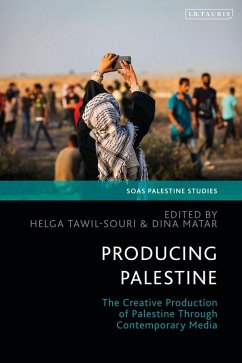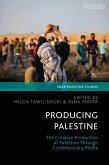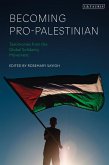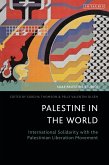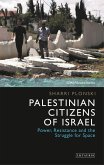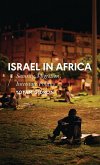Palestine has often been defined and constructed in the global imaginary through conflict, resistance, oppression and violence. Its representation is so overridden with conflicting claims and associations that it remains inaccessible, even to Palestinians. Producing Palestine addresses the creative labour of producing Palestine, particularly in technological and media spaces that are defined by their porousness and by their intermediality - crossing genres of popular culture and disciplinary boundaries.
It offers sixteen 'cases' which collectively conceptualize, engage in, and invite readers to participate in the production of Palestine and its theorization. These cases cover a wide array of spaces of production such as poster art, TikTok, virtual technologies, digital mapping, drone footage, online cooking shows, documentaries, music videos and many more. Producing Palestine contends that representations of Palestine carry a multitude of meanings, that Palestine is continually produced and reproduced, dynamically generating new knowledge production across media, languages, temporalities, geographies and disciplines.
It offers sixteen 'cases' which collectively conceptualize, engage in, and invite readers to participate in the production of Palestine and its theorization. These cases cover a wide array of spaces of production such as poster art, TikTok, virtual technologies, digital mapping, drone footage, online cooking shows, documentaries, music videos and many more. Producing Palestine contends that representations of Palestine carry a multitude of meanings, that Palestine is continually produced and reproduced, dynamically generating new knowledge production across media, languages, temporalities, geographies and disciplines.

